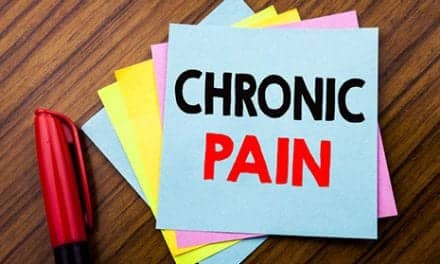Individuals who experience migraine headaches with auras may be at roughly double the risk of sustaining the most common type of stroke, according to a news release issued by Loyola University Health System. The release adds that this risk is more than tripled in migraine patients who smoke. Additionally, migraine patients who smoke and use birth control pills are seven times more likely to sustain strokes.
According to the release, a variety of individual studies and meta-analyses have demonstrated that individuals who have migraines with aura are at higher risk for ischemic stroke. Highlighting these and other studies, Loyola University Medical Center neurologists Michael Star, MD, and José Biller, MD, describe the link between stroke and migraine in a chapter in the new text Headache and Migraine Biology and Management.
About 85% of strokes are reported to be ischemic. The release says recent studies also indicate a link between migraines and hemorrhagic strokes.
Star and Biller write in the release that, “The biology underlying the relationship between migraine and stroke is poorly defined.”
Additionally, the release notes that researchers have also proposed a range of potential explanations for the migraine-stroke association.
These include explanations that suggest migraine patients are more likely to have risk factors for cardiovascular disease, including low levels of HDL and high levels of c-reactive proteins. Specific genes may also predispose individuals to sustain both migraines and stroke and medications to treat migraines may increase stroke risk, the release says. Also, researchers say a phenomenon occurring during migraine aura, known as cortical spreading depression, might trigger an ischemic stroke.
Star and Biller write that by taking all of these potential explanations into account, the research may spotlight a reciprocal casual relationship between stroke and migraine.
“There is a significant amount of research attempting to further elucidate this multifaceted relationship,” the authors say.
[Source(s): Newswise, Loyola University Health System]





